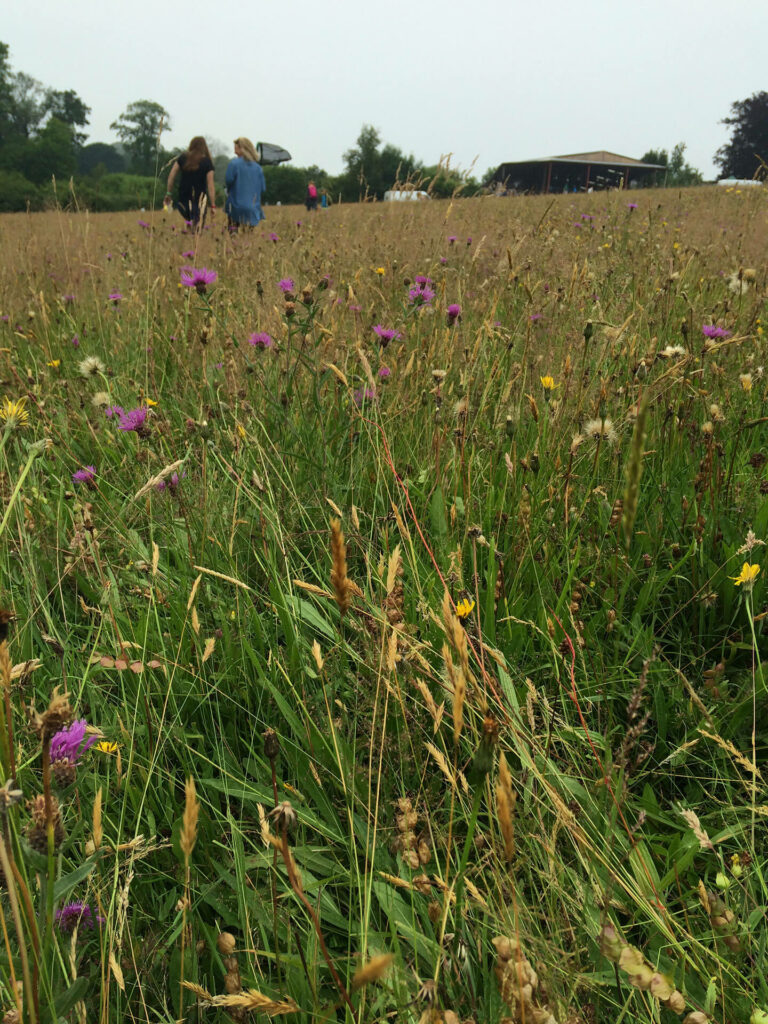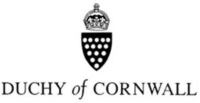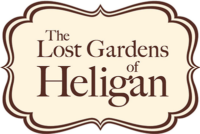Project team
Why it matters
Many vital pollinators are facing extinction, largely due to human activity such as climate change, habitat loss and pesticide use. With almost 90% of wild plants, and 75% of crops, dependant on animal pollination, this loss of biodiversity poses a huge threat, not least of which to the £690m worth of value pollinating insects are estimated to bring to the UK’s economy each year.
Pollinator decline is of particular concern in the South West which is home to nationally rare and threatened bee species and contains almost a fifth of England’s total farmed area. Following its 25 Year Environment Plan, the UK Government set a context for change with new pollinator policy and funding. The challenge now, is to translate this into real-world solutions that deliver significant and lasting change at a local level.

Partners
SWEEP provided the scientific knowledge and academic rigor that underpins the Heligan wildflower project. Crucially this led to the development of the business plan which has been invaluable for us proving our profitable local wildflower seed business case, and inspire others. Without SWEEP this would not have happened.
Alasdair Moore, Lost Gardens of Heligan
What we did
The integration of the BEE-STEWARD tool into pollinator land management decision making at landscape-scale – 30 BEE-STEWARD reports for Cornish farmers; BEE-STEWARD predicting nature recovery for CAONB ELMs Test and Trials; a new landscape-scale approach for BEE-STEWARD mapping, with the Bumblebee Conservation Trust (BBCT) and SWEEP PhD Matt Holden at Devon Clinton Estates.
Novel business-led solutions to the pollinator decline – a novel business model for local wildflower seed production with the LGOH (film and business case); creating new meadows with a Meadow Match service matching local ‘donor’ green hay seed sites to suitable ‘receptor’ sites with the DOC and Farming and Wildlife Advisory Group (FWAG); bespoke pollinator reports boosting local business sales.
A 1st of its kind grass-roots natural capital stewardship and environmental leadership offering – delivering a prototype Natural Capital Handbook and feasibility study for a continuous professional development (CPD), with DOC.
Impacts & benefits
- Enhanced knowledge, capacity and attitudes – the novel SWEEP tools and services are building wider collaborations and greater capacity for more effective and innovative policy and practice to tackle pollinator decline in Devon and Cornwall, and beyond.
- Embedded pollinator-friendly approaches, improving partner policies and practice:
- The Duchy of Cornwall (DOC) now uses BEE-STEWARD in its land management plans; Meadow Match to help establish new wildflower habitat; and has empowered farmers to be more capable of delivering Natural Capital (NC) farming practices.
- The Lost Garden of Heligan (LGOH) has delivered its wildflower meadow ambition working with SWEEP – establishing this as part of its permanent retail offering, strengthening partner relationships, and inspiring further meadow creation with its wildflower business case.
- SWEEP’s input has strengthened Sylvawood Seeds wildflower seed products, boosting customers and sales.
- Strengthened policy – Cornwall AONB (CAONB) 2022-2027 management plan; CAONB Environmental Land Management Test and Trial; Cornwall Council’s Environmental Growth Strategy’s Making Space for Nature programme.
- Innovative approaches to meadow creation – > 215 acres (87 rugby pitches), with a further potential 38 acres from seed sold, enhancing ecosystem services such as pollination and carbon sequestration. Novel Meadow Match scheme with 18 ‘donor’ and 23 ‘receptor’ sites.
- Delivering health & wellbeing – an estimated £42,546 – £52,564 return on investment for the health and wellbeing value of the LGOH wildflower site.
- Partner’s profits boosted and costs-avoided – including:
- LGOH: gross income of c.£17,749 in yr. 1 from wildflower seed; potential for £88,745 over 5 years. Attracting higher footfall generating a further c.£3,000 pa income.
- Sylvawood Seeds – diversification of seed products; new partnership deals with the RSPB and National Trust; and 38% increase in forecasted revenue.
- DOC – Meadow Match provided seed worth c.£130,000 and labour c.>£2,500. Investment of >£8,000 informed for new meadow creation >16 sites in Devon and Cornwall providing future seed sources, with an opportunity to access c.£167,000 in Countryside Stewardship funding. 7. Economic benefits –3 pollinator related jobs secured, £3.7m of leveraged or affiliated funding, and an estimated pollination value of £209,000k from the wildflower meadow created in this project.
We now have over 40 hectares of new species-rich wildflower meadow restoration in progress on Duchy of Cornwall land. This is a significant area and, along with our Plantlife partners, SWEEP was instrumental in making this happen.
Jermey Clitherow, Duchy of Cornwall
Looking to the future
Building on its extensive network of partners, and SWEEP tools and services, significant future impact is anticipated:
Greater meadow creation with – financial commitment from DOC; Meadow Match ‘receptor’ sites becoming future ‘donor’ sites and offering a blue-print for national wildflower meadow creation via the Wildflower Collective Community Interest Company; LGOH expanding their meadow and inspiring others.
More robust pollinator policy and practice – e.g. SWEEP NC reports used across all DOC’s 180 farms; strengthening BBCT’s Fowey Velley project and CAONB as it scales-up pollinator-friendly landscape-scale farm action plans.
Enhanced knowledge, skills and capacity – e.g. via the completion of the DOC CPD and NC Handbook.






